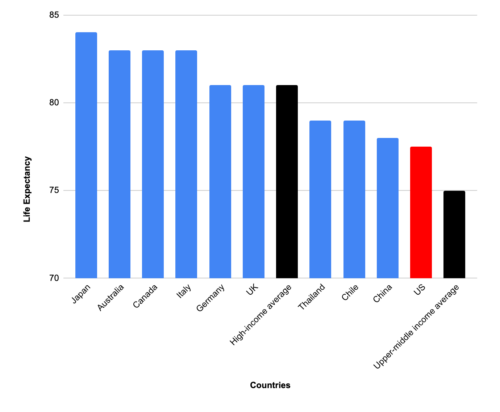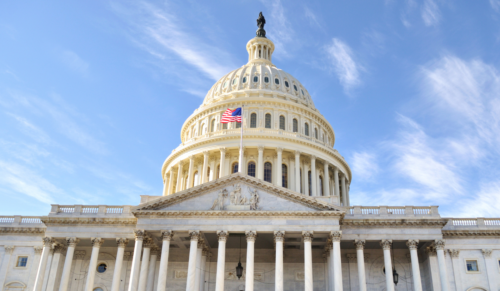Obama Needs a Bipartisan Elder Statesman Road Show to Tackle the Deficit
By: / 04.19.2011
 As President Obama begins taking the budget deficit battle show on the road, he faces a number of obvious challenges. But perhaps the most pressing one is this: In the hyper-polarized political environment, how does a President whose approval ratings are stuck in the 40s successfully make the public case for a serious deficit reduction plan?
As President Obama begins taking the budget deficit battle show on the road, he faces a number of obvious challenges. But perhaps the most pressing one is this: In the hyper-polarized political environment, how does a President whose approval ratings are stuck in the 40s successfully make the public case for a serious deficit reduction plan?
The answer is he’s going to have to try something different. If it’s just the usual campaign-style events like the GW speech from last week (“I don’t think there’s anything courageous about asking for sacrifice from those who can least afford it and don’t have any clout on Capitol Hill.”), Republicans will respond predictably with wild demagoguery on tax hikes and entitlement cuts, and the battle lines will solidify into familiar gridlock patterns.
But here’s an alternative: Obama should to send a signal that this is serious, this is above party, this is for the good of the country, and if we don’t solve this problem soon, we’re going to pay a major price later. To do this, Obama should assemble a bipartisan team of elder statesmen to accompany him around the country as he talks about this. Imagine if he brought together Clinton and Bush Sr. on a hard-choices-to-tackle-the-deficit tour to give this some gravitas beyond the usual campaign-style events. At the very least he should be going around with Bowles and Simpson.
While the conventional wisdom is that the President can use the bully pulpit to move public opinion, the reality is that this is rarely the case. Public opinion is not easily moved, especially not by a highly divisive President on an issue that touches on issues of entitlements. (see, George W. Bush, privatization of Social Security).
And Obama seems smart enough to know that once a particular plan becomes the “Obama plan,” it’s going to be very hard to get any Republican co-sponsors, which is one reason he’s been slow to talk in specifics.
The political problem is that any serious deficit reduction plan has the dyspeptic taste of chalky medicine going down. This is not Ronald Reagan seeking public support for his tax cuts. A responsible deficit reduction proposal that requires tax increases and entitlement cuts (as a responsible plan must) exposes its advocates to attacks on the two most easily-demagogued issues in American politics. (He wants to raise your taxes! He wants to cut your Medicare and Social Security!) In other words, the politics of that responsible plan are very bad.
And yes, we know deficit reduction good for us, and increasingly, we know we really need to take that medicine (the federal deficit is rapidly shooting up among the ranks of Gallup’s most important problem). But we also keep thinking there must be a tastier medicine that can do just as good of a job, in good part because there’s always somebody out there promising a tastier medicine – magical elixirs based on heroic assumptions about tax cuts or mythical savings to be had from eliminating waste, fraud, and abuse or wooden-nickel promises about being able to preserve entitlements as they are.
If we’re going to get beyond this destructive dissembling, Obama’s going to need some Republicans out there speaking with him. Any plan needs to be sold as a bipartisan plan from the start.
While it’s unlikely any Republicans in the Senate would put themselves out on a limb and appear publicly with Obama, there should be some retired Republicans who might be willing to lend their name to a bipartisan effort to build a serious deficit reduction plan, especially given the stakes involved.
Had the President jumped out there earlier and defined the parameters of the debate on deficit reduction, he might be in a better place rhetorically. But Obama clearly believes in the rope-a-dope strategy – let the other guy (in this case Ryan) get out there first, and then punch back once he’s over-extended.
And yes, Obama can be the anti-Ryan if he wants, since the Ryan plan does not comport particularly well with the contours of public opinion. This might help in the short run. But it also runs the risk of defining the left flank of the debate, when that should really be reserved for the Progressive Caucus plan of 80 percent tax hikes.
This time, Obama should be more creative. Solving the federal deficit is a generational problem that needs to rise above party. Putting together a bipartisan road show of elder statesmen would signal that this is something grave and serious, not partisan politics as usual.






